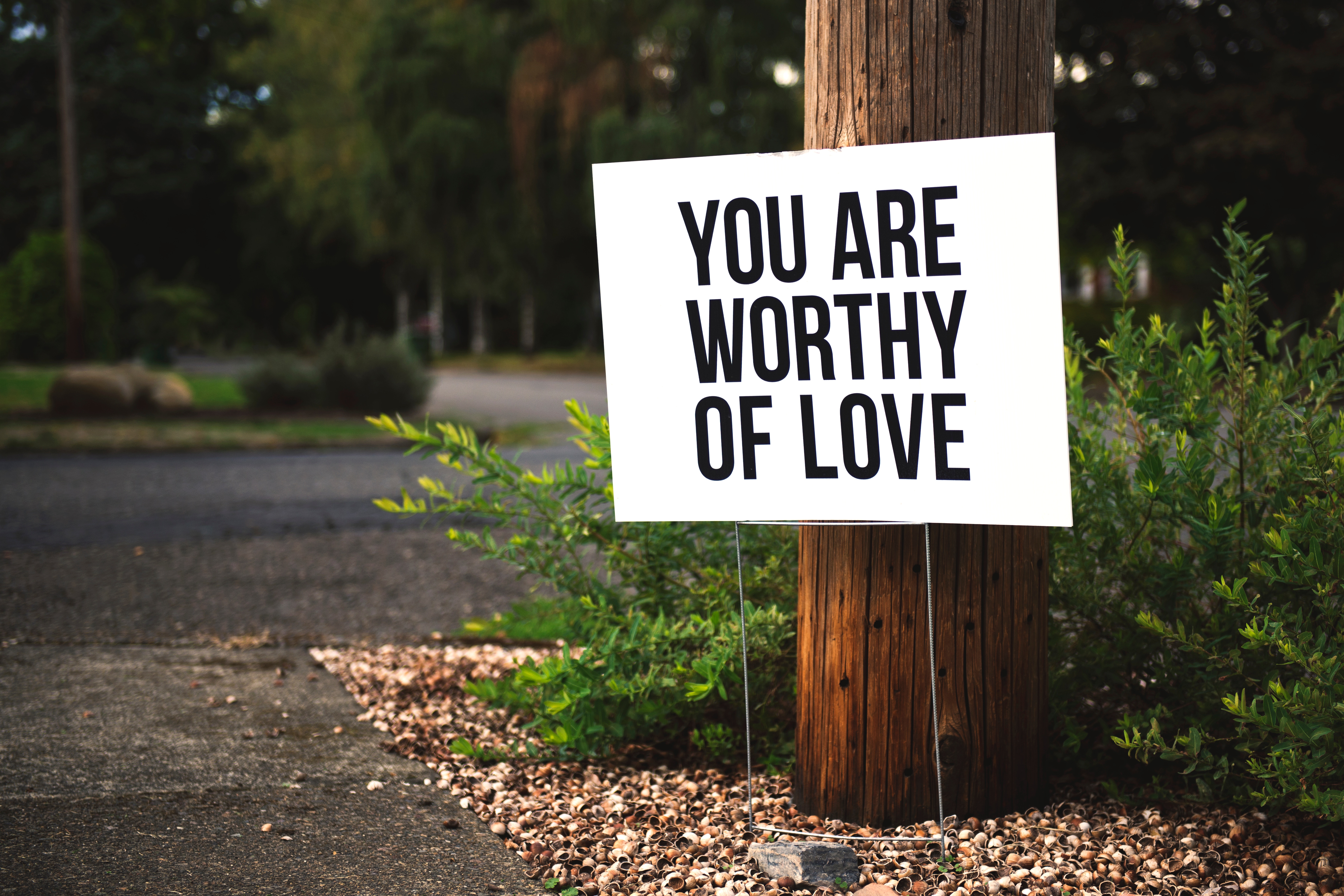Treatment for Depression

Depression is the most common mental disorder. And,various treatments are available for depression.
Medications- Many antidepressants are available like selective serotonin reuptake inhibitors (SSRIs), serotonin and norepinephrine reuptake inhibitors (SNRIs), atypical antidepressants, tricyclic antidepressants, monoamine oxidase inhibitors (MAOIs), etc. But, discuss the major side effects with the doctor before starting medications.
Psychotherapy- It is an effective treatment for depression. Many studies support that; therapy can be a powerful treatment for depression. Different types of therapy-
Cognitive therapy, behavioral therapy and cognitive behavioral therapy.
Interpersonal therapy- it focuses on your relationship with other people.
Psychodynamic therapy- it explores the motivations that you are not aware of, which is contributing to feeling depressed.
Individual counseling- is a one-on-one session where therapist teaches you more about depression.
Family therapy- it helps to improve communication in the family and that helps to resolve the conflicts.
When a loved one is suffering from depression, the family and friends support plays a crucial role in returning the well being of the individual. Providing emotional support is very important.
Some suggestions for successfully handling the situation are:
Provide emotional support…
Listen to your loved one without judging and show that you understand what they are going through, show patience, affection, and encouragement.
Coping with depression can lead to anger and frustration but be calm and reassure him/her that everything will be fine. Make sure that person suffering from depression knows that you are there for them.
Help the patient to get an appointment…
The person suffering from depression needs professional help to recover. The diagnosis and treatment is an important part of the intervention. Practitioners, who have specialized in treating mental health disorders, can provide the treatment. This includes licensed psychiatrists, psychologists, professional counselors and social workers.
So, take him/her to the professional and help them to get better.
Cultivate a “we’re in this together” attitude…
An individual struggling with depression can feel completely alone. So, try to do activities together and help them to feel less lonely. Do activities together like, go for a walk together or go watch a movie, being with the sufferer will make them feel good about themselves and they will feel as if someone is there for them, who care for them.
Reach out to others…
Support groups exist for friends, family members/ caregivers of people struggling with depression. Explore the help and support that might be available through local social services or counseling, which will help you to better manage the needs of the sufferer and yourself.
Seeing that other caregivers suffer through same problems as yours, then it gives you some relief, that you are not alone.
A Note about Suicide…
Because of the high suicide risk, it’s important to note the warning signs. In addition to those mentioned in the depression, other signs include: Withdrawing from loved ones and isolating oneself, talking or writing about death or suicide, putting personal affairs in order and previous attempts.
Take the signs seriously. Seek professional help.